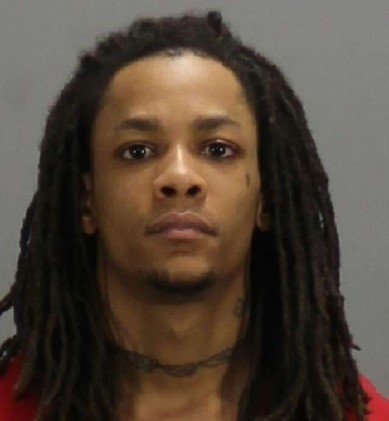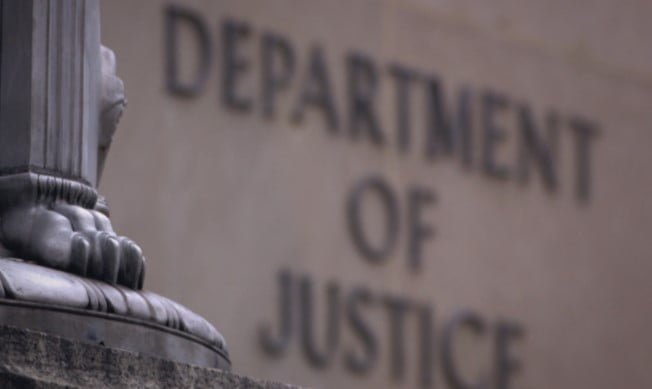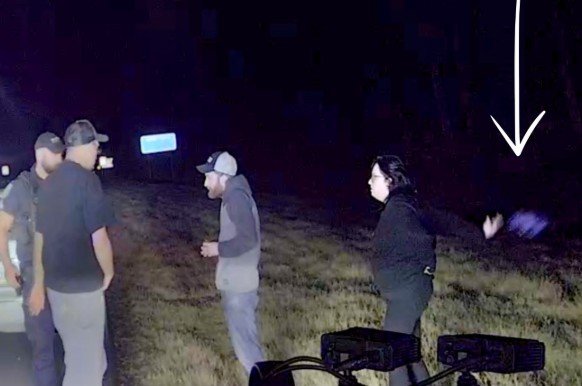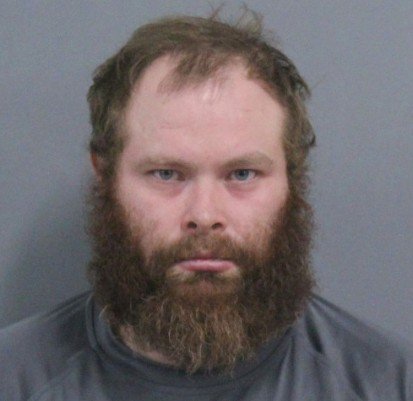Georgia Appeals Court Upholds Life Sentence for Gang-Related Murder and Arson

The Georgia Court of Appeals has upheld the conviction of Lavarr Rasheed Pierce, sentenced to life in prison without parole for the 2014 shooting death of Quincy Suggs. The court also denied Pierce’s appeal, affirming his guilty verdict for malice murder, arson, aggravated assault, and violations of the Georgia Street Gang Terrorism and Prevention Act, in connection with the shooting and subsequent burning of a house in Clayton County, Georgia.
The tragic events unfolded on September 16, 2014, when Suggs, a 26-year-old man, arrived at a residence at 1296 Murphy Avenue, which was known to be a location tied to the Luxiano set of the Nine Trey Bloods gang. The gang members had been using the house for illegal activities, including prostitution and robbery of clients, often referred to as “johns.” Pierce, who was a member of the gang, had allegedly requested permission from his fellow gang members to rob the clients, and Suggs was the unfortunate victim.
Evidence presented during the trial revealed that Pierce shot Suggs in cold blood after Suggs arrived at the house to meet a prostitute. After the murder, Pierce set the house on fire to destroy evidence, but the fire was quickly extinguished. The crime was part of a larger pattern of gang-related violence, including robberies, committed by the Luxiano gang, which operated in the area.
Pierce, along with his co-defendants Khadijah Jenkins and Frederick Rosenau, faced trial in 2017. The jury convicted Pierce of all charges except one, finding him guilty of malice murder (Count 1), felony murder (Count 2), aggravated assault (Count 3), arson in the first degree (Count 4), and violation of the Gang Act (Count 5). The trial also featured testimony from Julius Lofton, a gang member who pled guilty to voluntary manslaughter in exchange for testifying against his co-defendants. Lofton explained that the Luxiano gang had committed numerous crimes, including the robbery of Suggs, and outlined the group’s illegal operations.
Pierce’s defense team challenged the trial’s admission of a robbery victim’s testimony, arguing that it was prejudicial and violated the rules of evidence under Rule 404(b) and Rule 403. The robbery victim had previously been held up at gunpoint by Luxiano gang members. However, the court found that the testimony was intrinsic to the gang-related activities in question, particularly to establish the existence of the criminal gang and its involvement in armed robberies.
The appellate court upheld the trial court’s decision, stating that the robbery victim’s testimony was necessary to establish the activities of the gang and that the low risk of unfair prejudice did not outweigh its probative value. It also ruled that the testimony was admissible to show gang activity under the Georgia Street Gang Terrorism and Prevention Act. The court emphasized that the evidence was directly relevant to proving the gang’s involvement in criminal behavior, particularly in relation to the gang’s use of the residence as a base for their crimes.
Despite arguments by the defense that the evidence unfairly painted Pierce as a “career criminal,” the court disagreed, noting that the jury had been provided with sufficient information to reach a fair verdict without the risk of undue prejudice. The trial court’s sentence of life without parole, along with consecutive 20- and 15-year terms for the arson and gang charges, was deemed appropriate.
Pierce’s legal team filed for a new trial, which was denied in 2022. The case was then appealed, and the appellate court issued its decision in March 2024, affirming the original conviction.
This ruling marks a significant moment in Georgia’s ongoing efforts to combat gang violence and criminal activity. Pierce remains incarcerated at the Georgia State Prison, serving his life sentence without the possibility of parole. The case highlights the severity of gang-related crimes and the state’s commitment to prosecuting gang members to the fullest extent of the law.






